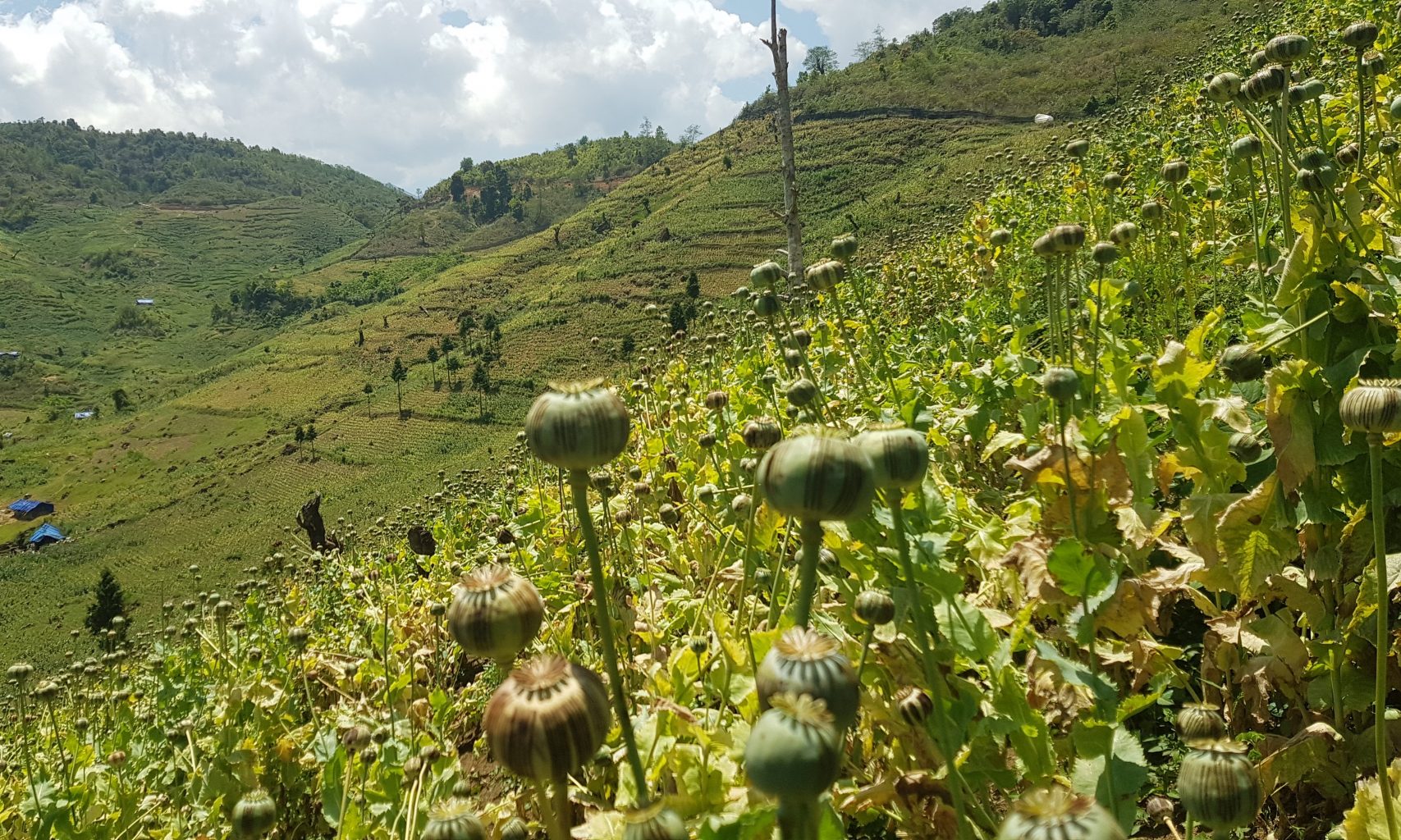Voices from the borderlands 2020 does not seek to provide policy recommendations, nor, at this stage of the project, to identify ‘what works’. Rather, we aim to show how the voices and findings presented here reveal important insights and policy implications for those seeking to better understand and support peace processes, poverty alleviation and development in fragile and drugs-affected contexts.
Rethink the drugs-development nexus
Drug economies cannot be tackled primarily as a crime and security issue. They must be treated as a long-term development issue.
Illicit drug economies challenge conventional ways of thinking about development and state fragility.
There is no stable, fixed relationship between drugs and development; it is two-way, contextual and often counter-intuitive. Illicit economies may contribute to development, and development may push people into illicit economies.
Efforts to counter drugs may undermine progress towards the Sustainable Development Goals (SDGs).
Develop drug-sensitive policies for conflict management and peacebuilding
Ceasefires and peace agreements can expose borderland populations to new and different forms of violence. These need to be better understood.
Drugs revenues can fund the pursuit of ‘war’ and ‘peace’, order and disorder.
Counter-narcotic interventions can exacerbate and escalate violent conflict. This is often worst in borderland regions.
Sustainable post-war transitions that address illicit economies require priority to be given to reducing violence and building peace in borderland regions.
In order to bring about sustainable post-war transitions in drug-affected borderlands, there is a need to prioritise violence reduction and peacebuilding.
To be effective, peace processes need to incorporate analysis of illicit economies, and make provisions for addressing them.
Recognise and manage trade-offs
Getting beyond the drugs, development and peacebuilding impasse means recognising the tensions in pursuing these different goals; trade-offs are unavoidable.
All policies create winners and losers. Being conscious of who the losers are is crucial in ensuring that the most vulnerable do not bear the primary costs of policies.
People involved in illicit economies have to make day-to-day trade-offs to survive. Avoid policies and programmes that make these trade-offs impossible to manage.
Mitigate harms
It may not be possible to design interventions that ‘do no harm’. A more realistic approach involves mitigating harms and avoiding policy-induced violence and poverty.
Focus less on eradicating drug economies, and more on mitigating the harms experienced by the most vulnerable.
Mitigate the harms caused by drugs, development and stabilisation efforts in borderland regions by explicitly monitoring their effects on security, livelihoods and health.
Incorporate borderland perspectives
Actively engage with borderland perspectives, to better understand and address the factors that generate engagement in illicit economies.
Use participatory approaches and political economy frameworks to develop strategies to promote the interests of marginal groups and overcome the silences.
Build alliances and partnerships with social and political groupings that represent or are composed of marginal groups, including those engaged in illicit economies.
Question and counter the stigmatisation and stereotypes surrounding borderland communities involved in illicit economies.
Integrate regional perspectives and ways of working into analysis and programming.
Promote drug- and conflict-sensitive development in borderland regions
Think and act with a long term, inter-generational perspective, recognising how drug economies shift over time and have different effects on people of different ages.
Build inclusion into all dimensions of borderland programming; explicitly address factors leading to marginalisation, exclusion and stigmatisation.

